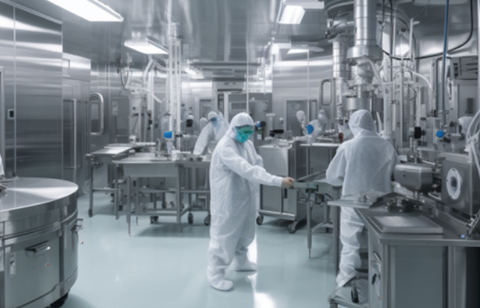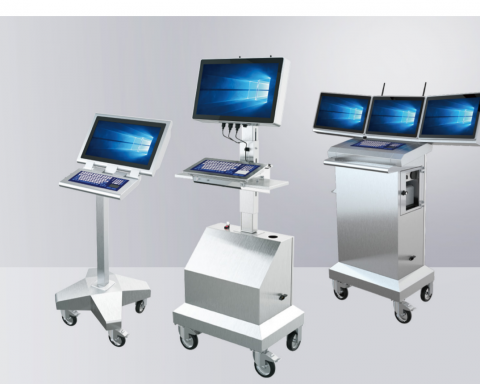Have you ever considered which the most effective pump for treating water in a pharmaceutical environment is?
This isn’t the sort of question that pops up in general conversation, but it is an important consideration.
All water treatment works need pumps. There are different types according to which part of the process they are performing:
Lift Pumps
These lift the water from the surface of the reservoir or storage tank and send it to the treatment processing part of the plant.
These are large pumps capable of moving a large amount of water. But, they operate at low discharge pressure; concentrating on volume, not water pressure.
Arterial Pumps
As the name suggests these are designed to feed the artery system; this is the main supply to your home. Of course, there are hundreds of miles of pipes in the ground; the more powerful the arterial pump, the better the pressure will be at your home.
These pumps need to be very good at increasing pressure in the pipes.
Booster Pumps
These are extra pumps that are used to increase the rate of flow. They can be used at the treatment plant but can also be used along the pipes to help keep the pressure at an acceptable level.
Specialist Pumps
These pulps will get the water to you safely after it has been treated. But, if you are using this water for pharmaceutical purposes, you may wish to check out the range of Truflo Pumps available.
Water entering a pharmaceutical facility will need to be cleansed of all minerals and chemicals. This is to ensure that they do not affect the ingredients in any medications. As well as filters the water supply will need to be strictly monitored regarding pressure.
This will help to make sure that only the right quantity is added to each batch. There is no room for error!
The Centrifugal Pump
Water will normally take the path of least resistance; going fro; a high-pressure area t a low-pressure area.
However, this is the opposite of what the pumps in the waterworks are trying to do. This is why centrifugal pumps are so important. They create suction at the top and pup it into the water treatment process. Effectively changing the parameters and making the low pressure a high pressure and desirable area for the water.
When selecting a pump to use in a pharmaceutical facility the cost of the pump is secondary to the quality of its build and design. It is essential that the pump be reliable. A pump that fails can cost a company thousands in pharmaceuticals which do not comply with standards.
It can even bring bacteria into the medicine if it does not function properly.
To complicate this further, it is worth noting that the pharmaceutical industry actually uses different grades of water depending on what the end result is. In general, these are defined as bulk waters which are produced on site or packaged waters which are produced under very carefully controlled environments.
The water pump is a far more important part of this process than you may have realized!








